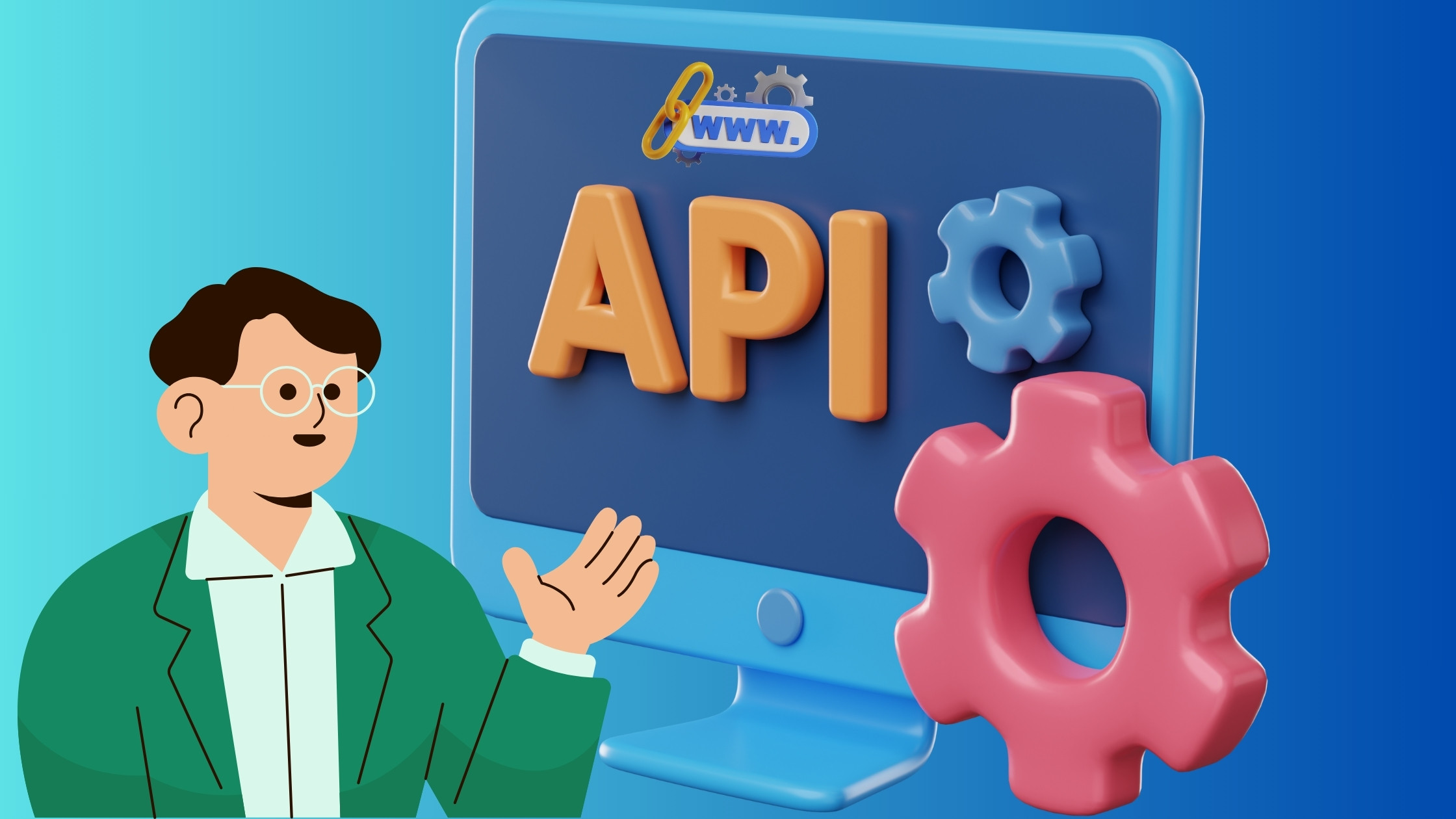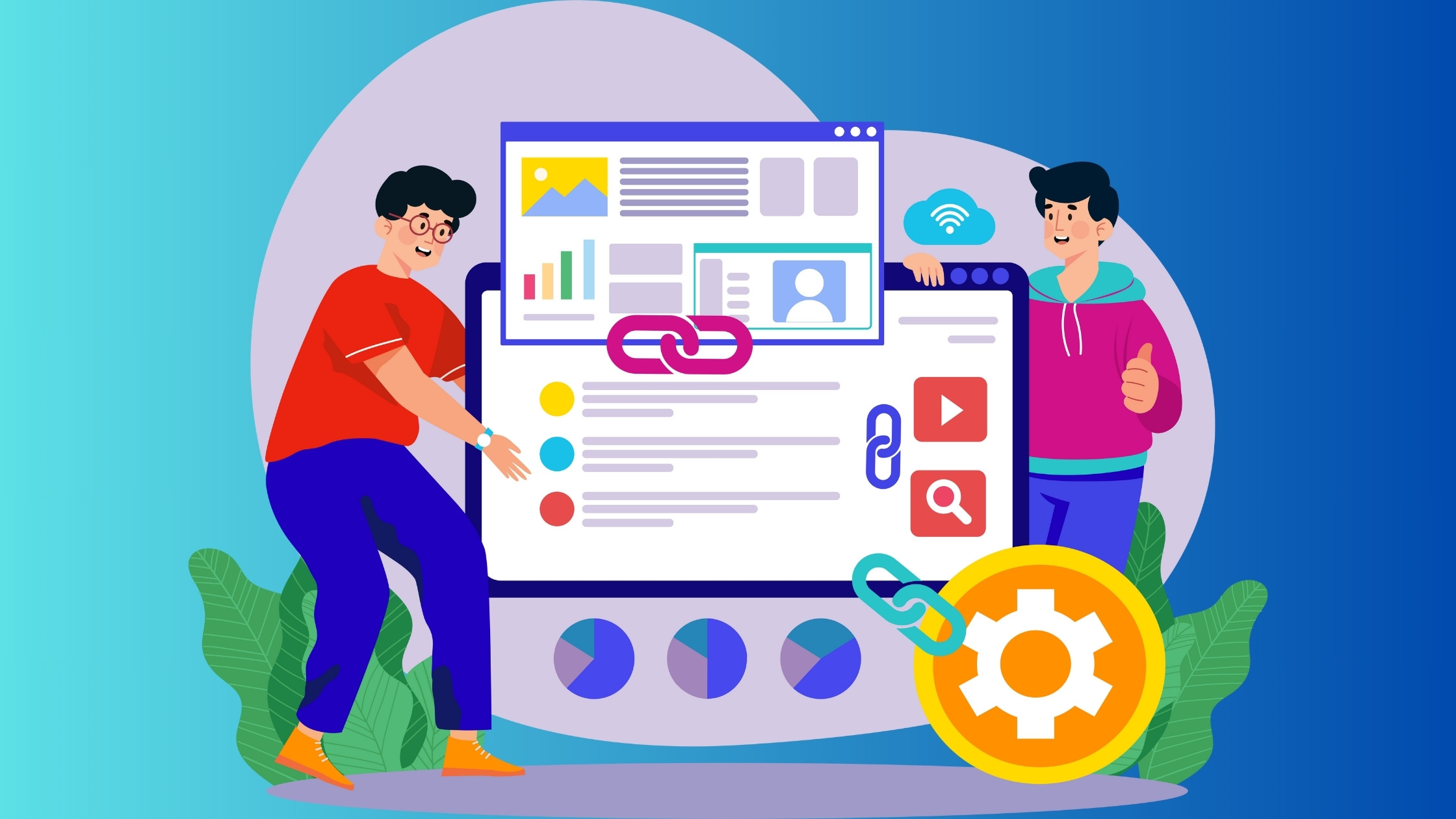
What Is a Short URL Generator and Why API Access Matters
A URL generator helps convert long, unattractive links into short, trackable ones. However, when combined with API access, this tool becomes even more powerful for developers and marketers. API-enabled short URL generators allow automated link creation, making it easier to manage links at scale. For example, marketers running large email campaigns or platforms managing user-generated content need quick, reliable short links.
API access streamlines processes by letting systems communicate directly with the short URL generator. Rather than manually shortening URLs, you can trigger link creation automatically during key user actions like submitting a form or launching a campaign. This saves time and ensures consistency.
Additionally, API-enabled generators provide better customization. You can set slugs, expiration dates, or tags via code, and even retrieve analytics data. Therefore, brands stay in control of every link while keeping workflows smooth.
For instance, platforms like Rebrandly and Short.io allow robust API integration, but TNYL.link stands out with advanced analytics, branded domain support, and spam-free, ad-free short links.
Top Benefits of Using an URL Generator with API Access
Using an URL generator with API access provides unmatched flexibility and efficiency. Firstly, it automates bulk link creation. Marketers running multiple campaigns don't need to shorten each URL manually. Instead, they can integrate the tool into their CRM, email platform, or website backend to generate short links instantly.
Secondly, consistency improves. By applying the same rules for every link such as custom slugs, UTM tracking, or QR code attachments brands ensure a unified user experience. Automation minimizes human error and maintains professionalism.
Moreover, analytics become easier to manage. API-connected URL generators allow marketers to track clicks, user devices, and locations without logging into a dashboard. Data flows directly into analytics platforms or internal dashboards.
Team productivity also benefits. Developers can programmatically manage links and connect systems, eliminating manual tasks and redundant workflows. This is particularly useful for SaaS businesses, publishers, and e-commerce platforms.
Another benefit is real-time response. With API access, platforms can instantly create, update, or deactivate links as user activity changes. For example, you could instantly replace a broken link across all channels using one API call.
TNYL.link offers a free plan with full API access, making it ideal for scaling teams. Its branded links and privacy controls give you everything needed to manage links like a pro.
Essential Features to Look for in an API-Enabled URL Generator
When choosing a URL generator, several key features make a platform truly effective with API integration. These capabilities determine whether the tool will simplify your operations or create more complexity.
First, ensure the generator offers comprehensive API documentation. A developer-friendly API should provide clear endpoints, example requests, and robust error handling. TNYL.link, for instance, offers well-documented APIs that allow you to start quickly and scale efficiently.
Second, look for branded domain support. A custom domain adds credibility and reinforces your brand identity. It also improves link trustworthiness, which directly boosts click-through rates. Through API, you should be able to connect your domain and create branded links on demand.
Third, check for advanced analytics access. A powerful URL generator with API access should let you retrieve performance data clicks, geolocation, device type through API endpoints. This allows you to integrate these insights into internal dashboards or CRMs.
Fourth, ensure security and privacy controls are part of the API. Features like password protection, link expiration, and GDPR-compliant tracking give you full control over user data. These settings should be configurable through API to align with your platform’s standards.
Finally, integration flexibility matters. The best short URL generators offer webhooks, Zapier compatibility, and access tokens for streamlined connections to third-party tools.
Together, these features transform a basic link shortener into a scalable solution for business growth. Platforms like TNYL.link excel by offering this complete set even in their free version, making professional-grade link management accessible to all.
How to Implement API Access for Your Link Shortening Strategy
Implementing an URL generator with API access into your workflow starts with selecting the right platform. Choose one that offers both developer-friendly documentation and scalability, like TNYL.link. Once you’ve signed up, you’ll gain access to your API key and documentation.
Step 1: Set Up Authentication — Use the API key provided to authenticate all requests. Most services support bearer tokens or basic HTTP authentication.
Step 2: Integrate into Your Workflow — Identify which processes need link generation. This could include form submissions, automated newsletters, or product pages. Use the platform’s API to create custom links as these actions occur.
Step 3: Configure Tracking and Metadata — Add tags, UTM parameters, or slugs to each link. Use API endpoints to control these settings in real time. Ensure each link captures valuable analytics like location, device type, and source.
Step 4: Secure and Monitor Usage — Apply privacy settings such as password protection or link expiration through the API. This is essential for compliance and user trust. Use webhooks to get alerts when certain thresholds are met (e.g., link clicks, expirations).
Step 5: Analyze and Optimize — Fetch analytics using API calls to evaluate link performance. Integrate these insights into your internal reporting tools to adjust campaigns on the fly.
By following these steps, you ensure a seamless integration between your systems and the short URL generator. This improves marketing efficiency and delivers better control over link-based campaigns.
Use Cases Across Industries: Why API-Enabled Short URLs Matter
A short URL generator with API access offers value across various industries. In e-commerce, businesses can generate dynamic tracking links for products, promotions, and affiliates. Instead of manually shortening every link, they automate the process using APIs and track performance metrics like clicks, conversions, and sources.
Marketing agencies rely on API-based URL generators to manage thousands of campaign links for clients. Branded links improve trust, while automation ensures consistent formatting and data collection. Additionally, real-time analytics allow teams to optimize campaigns quickly.
Tech startups and SaaS providers use short URLs to track referral links, product signups, or onboarding flows. With API access, they can embed link creation inside their dashboards, providing users with custom short links without leaving the app.
Even in education and nonprofit sectors, API-based URL shorteners simplify communications. Institutions use short branded links in newsletters, SMS campaigns, or donor outreach, making the messaging more professional and user-friendly.
Across the board, industries benefit from a short URL generator with API access by saving time, reducing errors, increasing engagement, and collecting richer data.
Tips for Maximizing API Integration with a URL Generator
To get the most from your short URL generator with API access, begin by reviewing the API documentation thoroughly. Choose a platform like TNYL.link that offers detailed guides, code samples, and support.
Next, integrate the API with your core marketing tools email platforms, CRMs, social schedulers, or content management systems. This seamless setup reduces manual input and ensures uniform link formatting across channels.
Always implement error-handling to prevent link failures. Also, store shortened links in a centralized system or database for quick access and future reference. Add UTM parameters through the API to monitor campaigns efficiently, without touching each URL manually.
Finally, run batch operations to shorten large lists of URLs perfect for product catalogs or content libraries. When automated correctly, API usage increases team productivity, reduces delays, and improves campaign accuracy.
Final Thoughts: Choosing the Best URL Generator with API Access
Selecting the right short URL generator with API access depends on your business size, goals, and technical capabilities. If you're a small team with limited resources, choose a tool that offers a no-code or low-code interface with plug-and-play APIs.
For enterprises, evaluate advanced features like user roles, analytics dashboards, branded domains, deep linking, and mobile redirects. Security is also critical select a platform that provides HTTPS, GDPR compliance, and data encryption.
Additionally, consider how well the generator integrates with tools you already use. Popular platforms like Short.io and Rebrandly offer reliable APIs. However, TNYL.link stands out by combining branding, privacy, automation, and analytics in a free tier.
Ultimately, the best URL generator balances ease of use, performance, customization, and data control. Make an informed decision and empower your brand with smarter, shorter, and safer links.




